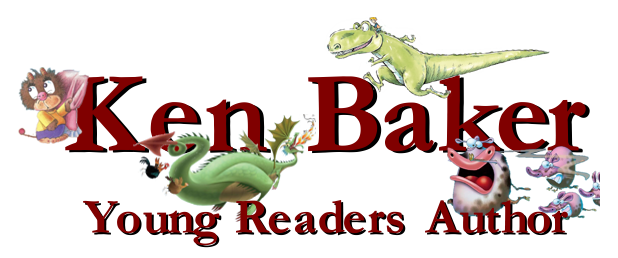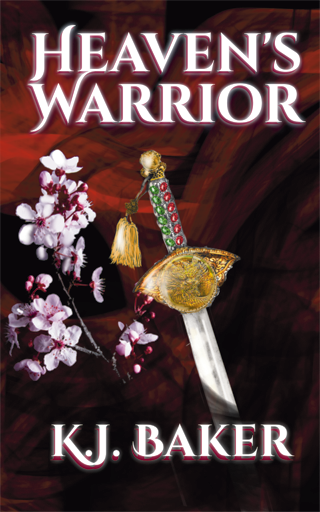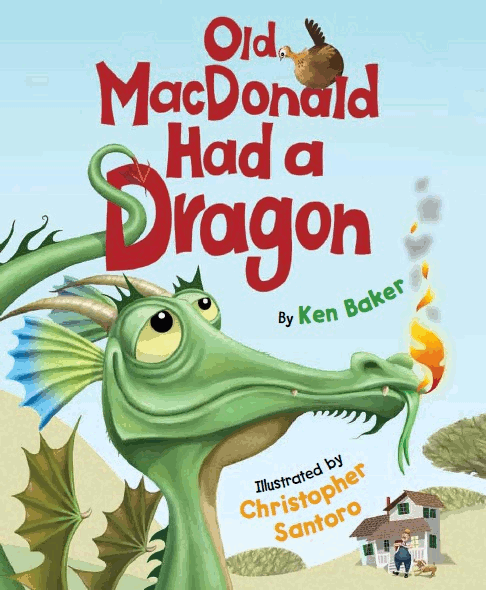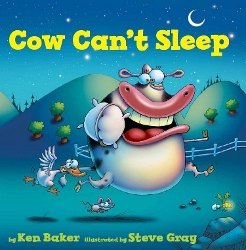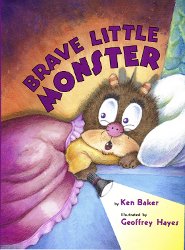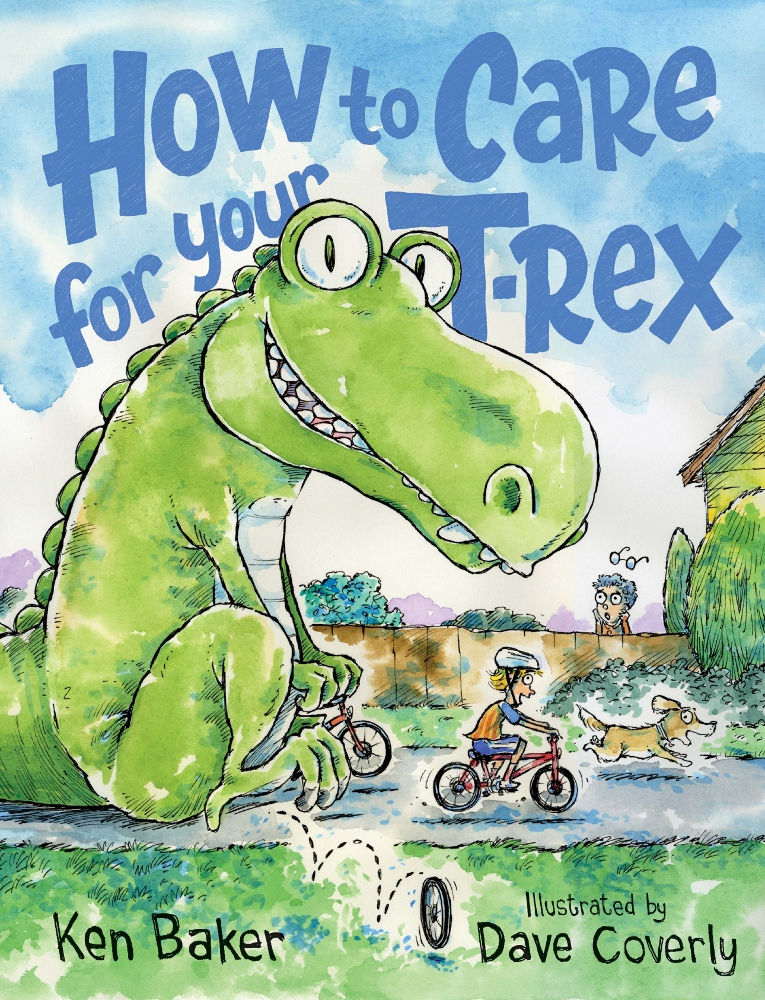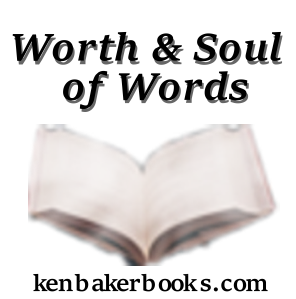
Worth and Soul of Words, June 2024 newsletter by Ken Baker, author for young readers
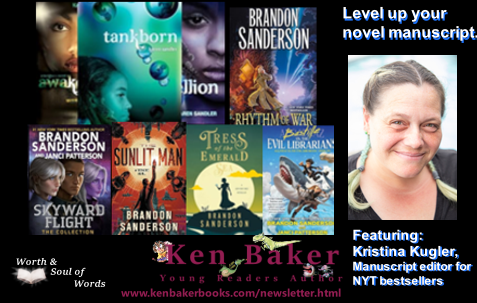
The most successful books go through several rounds of revisions before publication. For example, a variety of sources indicate that J.K. Rowling, Tom Clancy, Terry Pratchett, Stephenie Meyer and Brandon Sanderson all go through at least five to six revisions on their books, and even more on some books.
Why so many revisions? Answers vary by author, but often its too uncover and fix plot, setting, character, prose, and other issues that initially alluded them. Several different strategies exist for revising, but they often involve a two‐pronged approach; the What and How
The What approach often involves looking for specific problems in each draft. A review of the first draft might focus on uncovering plot inconsistencies, gaps, and engagement. The second review might focus on transporting the reader into the world by making the setting come alive with the use of the five senses or by giving it a history and presence that feels real. Further reviews will likely focus on making the characters fully‐rounded, engaging, distinguishable, unique, and likeable (or despicable ). Some rounds of revision will focus on prose, sentence structure, tone, and grammar. Each author has their own list of What's.
The How approach involves how you go about making the reviews needed for each round of revisions. The How might look something like this :
Some authors will add other stages or reorder them. But three most important aspects of the revision process are 1) Have others read your work with honest objectivity, 2) Take time to step away from the manuscript you re‐review each time with a fresh look, and 3) Review and revise the manuscript multiple time with specific goals each time. As part of the revision process, sometimes authors will engage the services of a professional editor to evaluate or provide developmental edits to their manuscripts. While this isn't a necessity, it can be very helpful.


Shout out!
As part of my revision process for a Victorianesque fantasy novel that I'm close to completing, I engaged the manuscript evaluation services of Kristina Kugler, a manuscript editor for Looseleaf Editorial & Production. Kristina has edited author manuscripts that went on to become NYT bestselling novels. I recently had the opportunity to chat with Kristina on the topic of manuscript revisions and best practices.
Me: Kristina, start with telling me a little bit about yourself and your journey to becoming a professional editor.
Book business and life ‐ Final revision stages
As I mentioned above, I'm in the final phases of preparing a fantasy novel set in a Victorianesque world to submit to a publisher for consideration. Hopefully, more news on that in the future.

 Heart image by Ken Baker
Heart image by Ken Baker
What I love
Missed May's newsletter? Check it out!
 Thank You image by Ken Baker
Thank You image by Ken Baker
Sign up for my newsletter to stay up-to-date on my books and what I'm up to.
Copyright 2001-2025 by Ken Baker
Heaven's Warrior cover by Ken Baker
Old MacDonald had a Dragon pictures by Christopher Santoro
Brave Little Monster pictures by Geoffrey Hayes
Cow Can't Sleep pictures by Steve Gray
How to Care for your T-Rex pictures by Dave Coverly
